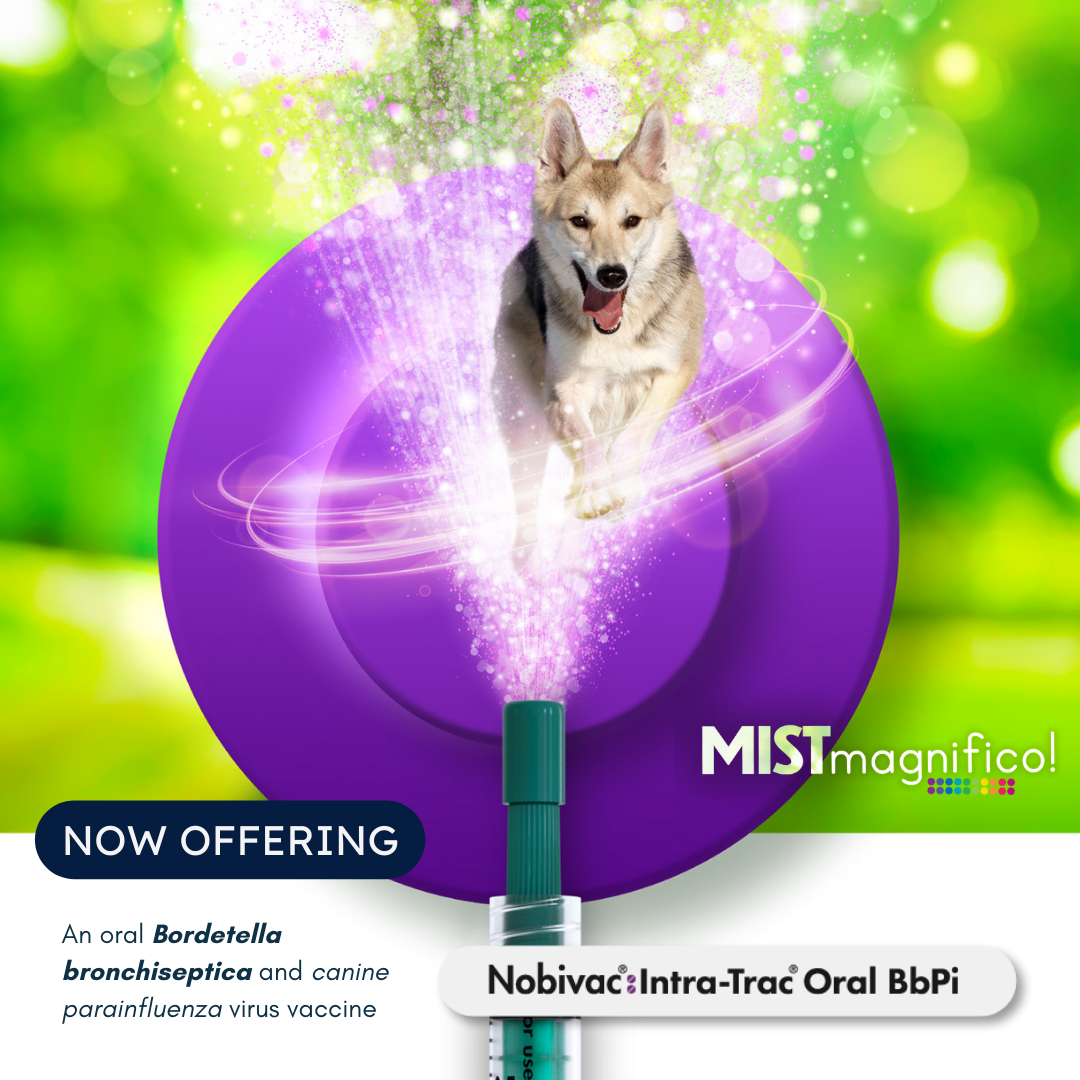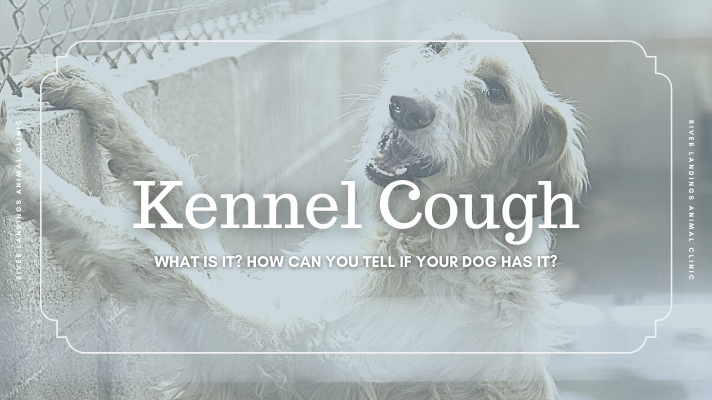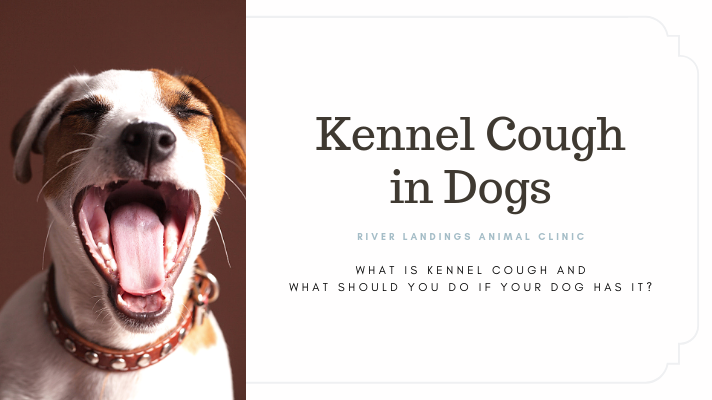If your dog is hacking away or constantly making noises that make it sound like they’re choking on something, they may have a case of kennel cough, or canine infectious tracheobronchitis. Although kennel cough can sound terrible, most of the time it is not a serious condition, and most dogs will recover without treatment.
What is Kennel Cough?
Just as human colds may be caused by many different viruses, kennel cough itself can have multiple causes. One of the most common culprits is a bacterium called Bordetella bronchiseptica m— which is why kennel cough is often called Bordetella. Most dogs that become infected with Bordetella are infected with a virus at the same time. These viruses, which are known to make dogs more susceptible to contracting Bordetella infection, include canine adenovirus, canine distemper virus, canine herpes virus, parainfluenza virus and canine reovirus.
Dogs "catch" kennel cough when they inhale bacteria or virus particles into their respiratory tract. This tract is normally lined with a coating of mucus that traps infectious particles, but there are a number of factors that can weaken this protection and make dogs prone to kennel cough infection, which results in inflammation of the larynx (voice box) and trachea (windpipe).
These factors include:
Exposure to crowded and/or poorly ventilated conditions, such as are found in many kennels and shelters
Cold temperatures
Exposure to dust or cigarette smoke
Travel-induced stress
Symptoms of Kennel Cough
The classic symptom of kennel cough is a persistent, forceful cough. It often sounds like a goose honk. This is distinct from a cough-like sound made by some dogs, especially little ones, which is called a reverse sneeze. Reverse sneezes can be normal in certain dogs and breeds, and usually only indicates the presence of post-nasal drip or a slight irritation of the throat.
Some dogs with kennel cough may show other symptoms of illness, including sneezing, a runny nose, or eye discharge.
If your dog has kennel cough, they are not likely to lose their appetite or have a decreased energy level.
Treating and Preventing Kennel Cough
Kennel cough is contagious. If you think your dog might have the condition, you should keep them away from other animals and contact your veterinarian.
Although most cases of kennel cough will resolve without treatment, medications may speed recovery or minimize symptoms during the course of infection. These include antibiotics that target Bordetella bacteria and cough medicines.
You may also find that keeping your dog in a well-humidified area and using a harness instead of a collar, especially for dogs that strain against a leash, will minimize the coughing.
Most dogs with kennel cough recover completely within three weeks, though it can take up to six weeks in older dogs or those with other medical conditions. Because serious, ongoing kennel cough infection can lead to pneumonia, be sure to follow up with your veterinarian if your dog doesn't improve within the expected amount of time. Also, if your dog at any time has symptoms of rapid breathing, not eating, or listlessness, contact your vet right away, as these could be signs of more serious conditions.
There are three forms of vaccine for kennel cough: one that is injected, one that is delivered as a nasal mist, and one that can be given by mouth. It is important to realize that neither form of the kennel cough vaccination will treat active infections.
The intranasal and oral kennel cough vaccinations are typically given to dogs once a year, but sometimes are recommended every six months for dogs at high risk for kennel cough. These forms of the vaccine tend to provide dogs protection against kennel cough sooner than the injected product.





